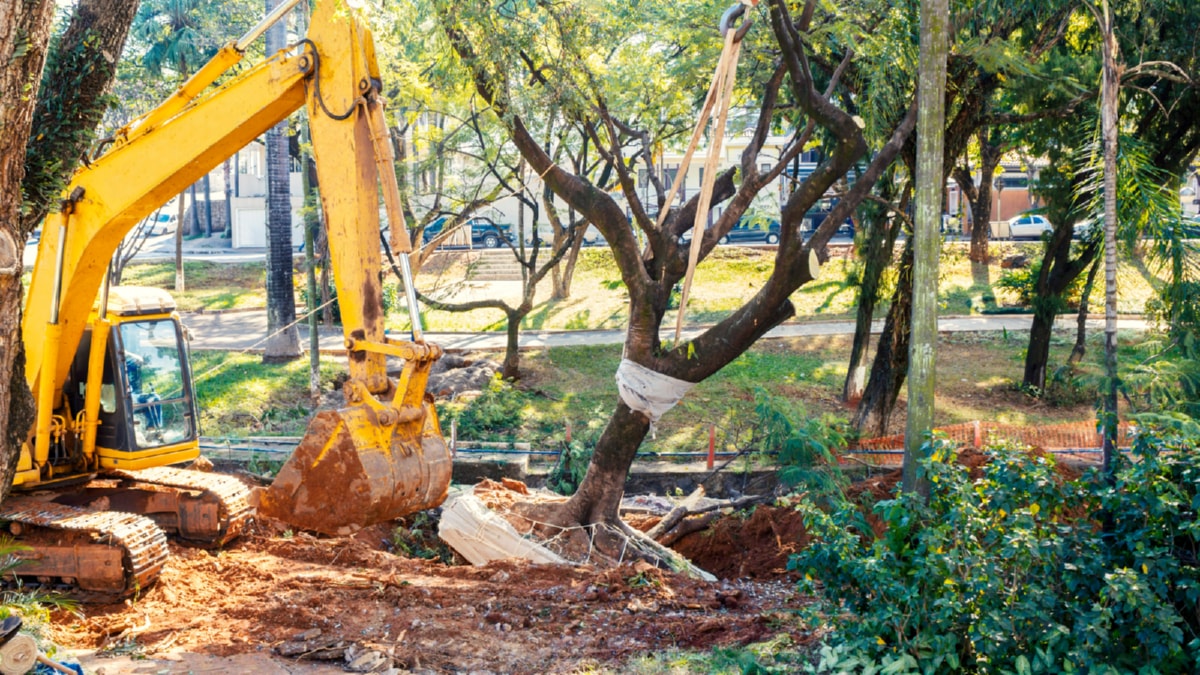Managing a construction project successfully is not a walk in the park. It involves strategic management, foresight, and, above all, experience. From planning to completion, every step demands attention and precision. In this article, we’ll explore how to effectively manage a construction project.
The first step in any construction project is effective planning. This involves developing a detailed project plan that outlines the goals, timeline, budget, and resources required. A detailed project plan serves as a roadmap, guiding the building process and ensuring that all stakeholders are on the same page.
The second step is resource management. This entails effectively allocating resources such as labor, materials, and equipment. Efficient resource management prevents wastage, lowers costs, and ensures that the project stays on schedule.
Risk management is another crucial aspect of building project management. Identifying potential risks and coming up with contingency plans can prevent delays and additional costs. This could involve anything from expecting weather disruptions to preparing for possible material shortages.
Lastly, interaction plays a pivotal role in any construction project. Transparent and frequent communication with all stakeholders, including clients, contractors, and workers, can avoid misunderstandings and ensure that the project proceeds smoothly.
As we look forward to the future, it’s worth noting the latest construction technologies that are set to revolutionize the industry. Virtual Reality (VR), for example, allows project managers to visualize the finished project before construction even begins, making designing more efficient.
Another breakthrough is Building Information Modelling (BIM), a digital representation of the physical and functional characteristics of a facility. BIM enables improved project planning, enhanced cost predictions, and better integration of different parts of the construction process.
Drones have also become an indispensable tool in building. They can carry out site surveys, monitor progress, and identify potential problems, all while reducing the need for human intervention and thus, improving safety.
3D printing is another technology that is set to revolutionize the building industry. It allows for rapid prototyping and even the construction of entire buildings, greatly cutting down on time and costs.
Overall, properly managing a construction project requires careful coordination, effective resource management, risk identification, and open communication. Embracing innovative construction technologies can further improve productivity and efficiency, shaping the future of the construction industry.
For more details, check best Insulation Solutions in Carlow or visit their Insulation Services Carlow business listing here.



